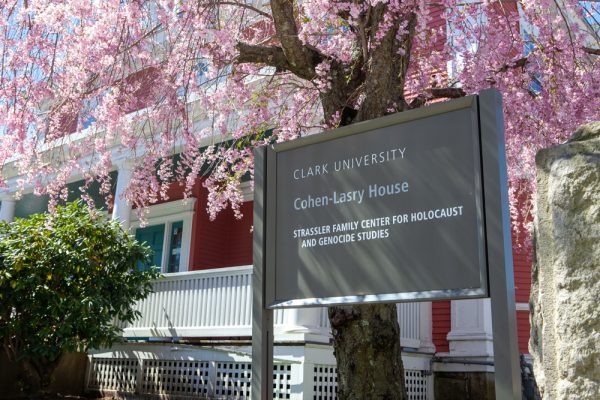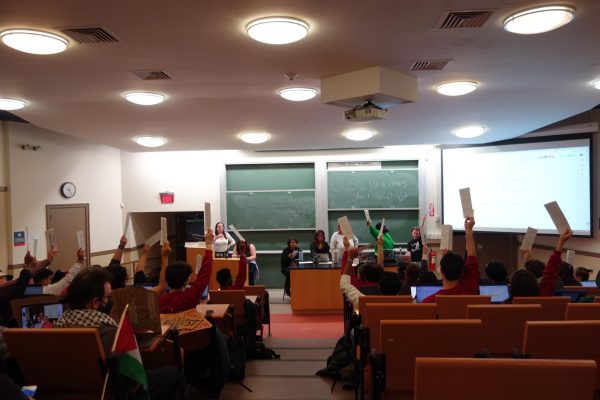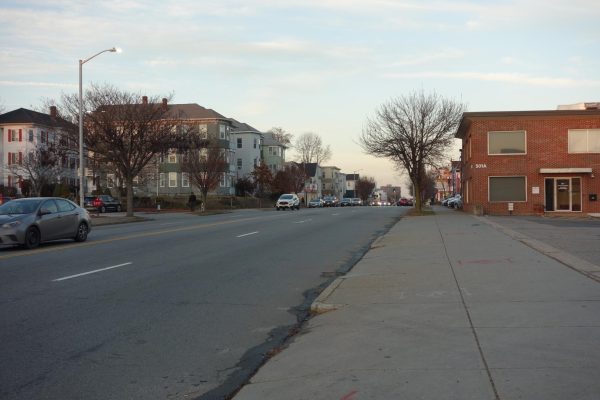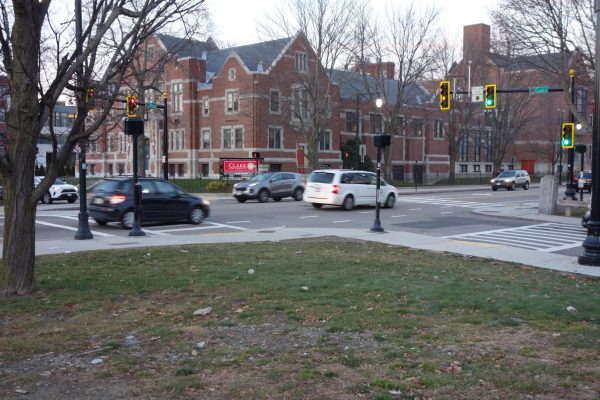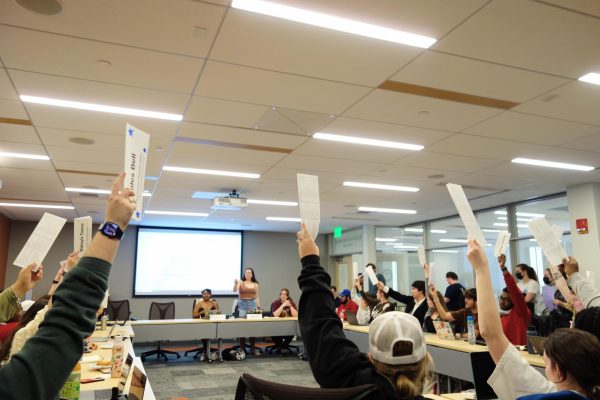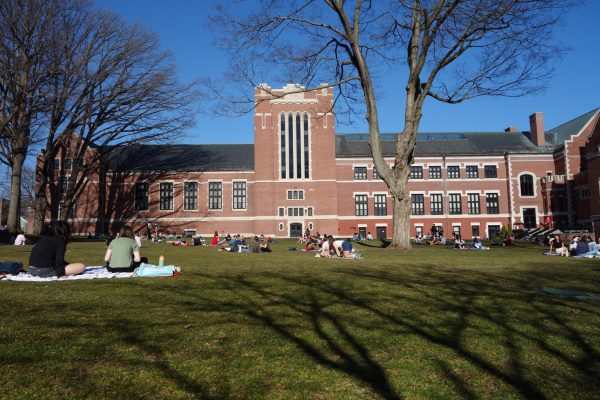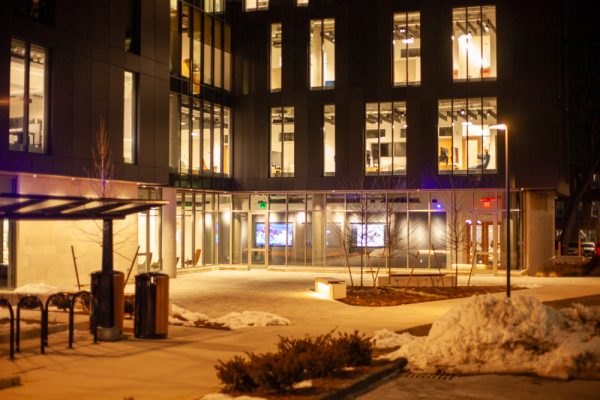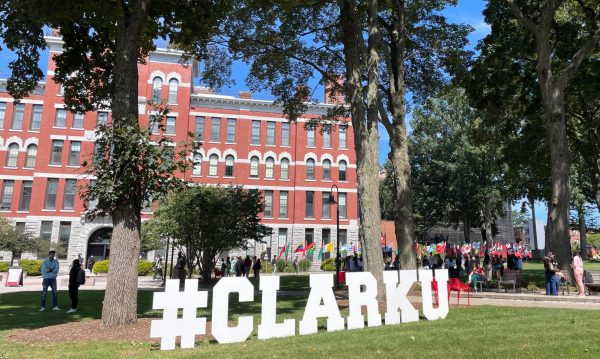Parkland School Shooter Pleads Guilty to All Charges
November 12, 2021
Nikolas Cruz, the school shooter at Marjory Stoneman Douglas High School in Parkland, Florida, plead guilty to 17 counts of first-degree murder and 17 accounts of attempted first-degree murder on October 20, 2021. Judge Elizabeth Schere named each of the victims, and Cruz pleaded guilty to each of them in the courtroom filled with parents and families of the victims. Cruz will now face either life in prison or the death penalty depending on how the sentencing phase of the trial goes.
Before the attack, Cruz videoed himself saying, “With the power of my AR, you will know who I am. My life is nothing and meaningless. I live a lone life. I live in seclusion and solitude. I hate everything.” Cruz took an Uber to his former high school and told a nearby student before entering the building, “You better get out of here. Something bad is about to happen”. On February 14, 2018, Cruz went through the three floors of Marjory Stoneman Douglas High School in seven minutes with his AR-15, shooting thirty-four people, seventeen of whom died. Fourteen of the fallen victims were students and three were staff members. In some cases, he went back to shoot people whom he had already wounded. Following the attack, Cruz escaped by leaving his bag and gun and blending in with the crowd, went to Walmart, then McDonald’s in Coral Springs, a neighboring town of Parkland’s, where he was arrested.
Cruz, now 23, has a long history of violence going as far back as preschool. He was known to many other students as someone to be wary of because of his videos killing small animals such as rats and lizards and talking about guns during school. Cruz had been expelled from Douglas High School a year prior to the shooting.
Nine months after the shooting in November 2018, Cruz attacked a prison guard. He was “accused of hitting and kicking a prison guard and trying to take his taser” after the guard told Cruz to not drag his shoes. Cruz pleaded guilty to the battery charges and was sentenced to twenty-five years a few weeks before the school shooting trial. Both trials were delayed because of the pandemic.
Shortly following this trial, another trial was held where Cruz plead guilty to the murder and attempted murder charges for his actions during the school shooting. Originally, the defense was willing to give a guilty plea and life in prison so long as the prosecution agreed to not argue for the death penalty. The prosecution refused and still seeks the death penalty.
During the trial, Cruz appeared very polite to the judge, answering her questions with “yes, ma’am” and “no, ma’am.” After his plea, he delivered an apology in front of the parents and spouses of the victims:
“I am very sorry for what I did, and I have to live with it every day for the rest of my life. If I were to get a second chance, I would do everything in my power to try and help others. I am doing this for you, and I do not care if you do not believe me. And I love you . . . I can’t live with myself sometimes, but I try to push through because I know that’s what you guys would want me to do. I hate drugs, and I believe this country would do better if everyone would stop smoking marijuana and doing all these drugs and causing racism and violence in the streets.” He concludes, “I believe it’s your decision where I go, and whether I live or die. Not the jury’s. I believe it’s your decision. I’m sorry.”
When asked if he understands that the surviving victims cannot decide his fate, Cruz answered that he did, but he thought it should be their decision.
Anthony Borges, who was shot five times, responded, “He made a decision to shoot the school. I am not God to make the decision to kill him or not. That’s not my decision. My decision is to be a better person and to change the world for every kid. I don’t want this to happen to anybody again. It hurts. It hurts. It really hurts. So, I am just going to keep going. That’s it”.
Samantha Grady, another survivor who lost her best friend Helena Ramsay in the attack, responded to Cruz’s plea, “I hope we can start the process of truly moving on. His punishment should be equal to the lives he has taken, the stress and horrors he has caused in a whole community, a whole state”.
The sentencing part of the trial will begin soon. The prosecution will show evidence of the shooting itself and that it was premeditated and testimony from staff and students who were there and from parents to explain how it impacted everyone. The defense is likely to explain Cruz’s life story which would include the death of his parents and his history of mental illness (Cruz has depression and anxiety, although Sandy Hook Promise notes that most people with mental illness are not violent towards other people). Since he gave an apology, the defense could also argue that he is accountable for his actions and does not deserve the death penalty. Instead, they will argue that he spends the rest of his life in prison.
In order for the death penalty to be given, all twelve jurors must agree, and the judge gets the final say. Jury selection is set to begin on January 4, 2022.


